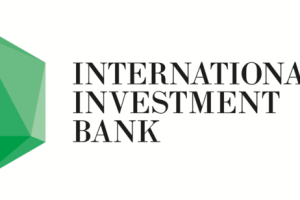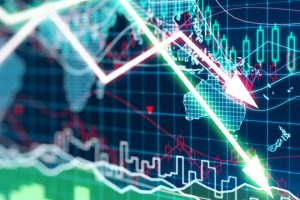Alătură-te comunității noastre!
Vezi cele mai recente știri & informații din piața de capital

Originally set for release on Oct. 18, GDP data for China show that the economy grew by 3.9% in Q3 against the same period of the previous year.
The figures announced on Monday, almost a week later than it was established, did nothing to impress investors. They wiped almost 10% off the value of internet giants like Alibaba and JD.com amid a broader selloff.
China’s Communist Party held its 20th National Congress from Oct. 16 to Oct. 22.
The officially released year-on-year growth for the third quarter marked a pickup from 0.4% in the second quarter, bringing year-to-date growth to 3%.
This was thanks to higher factory output on resilient exports, and stronger investment growth as government spending quickened.
In a bid to convince markets, Chinese officials tempered the numbers with a weakening export growth of 5.7% in September. Of course, real estate keeps crashing.
This resulted in a fall of more than 6% of the benchmark Hang Seng index, its lowest level since the Global Financial Crisis.
Heavily regulated mainland markets delivered the same reaction: the benchmark CSI 300 index tracking the largest firms in Shanghai and Shenzhen fell 2% in morning trading.
Foreign investors sold more than $1.3 billion worth of Chinese onshore shares via the Stock Connect scheme.
These reactions come far of a surprise, given the latest political developments in China. The newly anointed President Xi Jinping put his own protégés in the seats of Premier and Vice Premier.
One of them, Shanghai Party Chief Li Qiang, had ordered weeks of Covid-19 lockdowns earlier this year, despite its devastating impact on the economy. Most likely, he will be China’s next premier.
With this kind of strategy, investors fear that the state will be prioritized at the cost of the private sector. If Xi wants to tame future selloffs he needs to change his tactics.









Vezi cele mai recente știri & informații din piața de capital